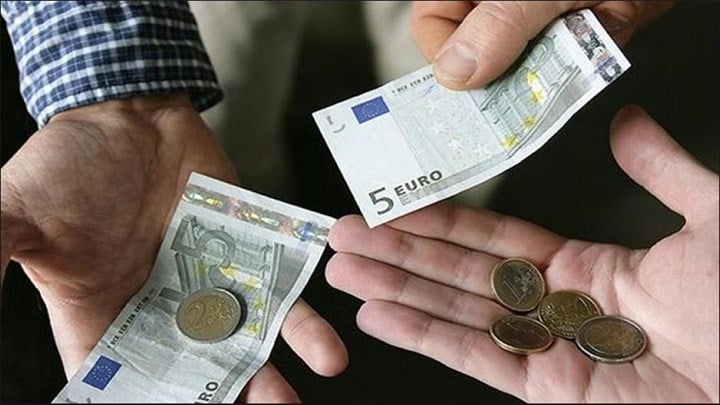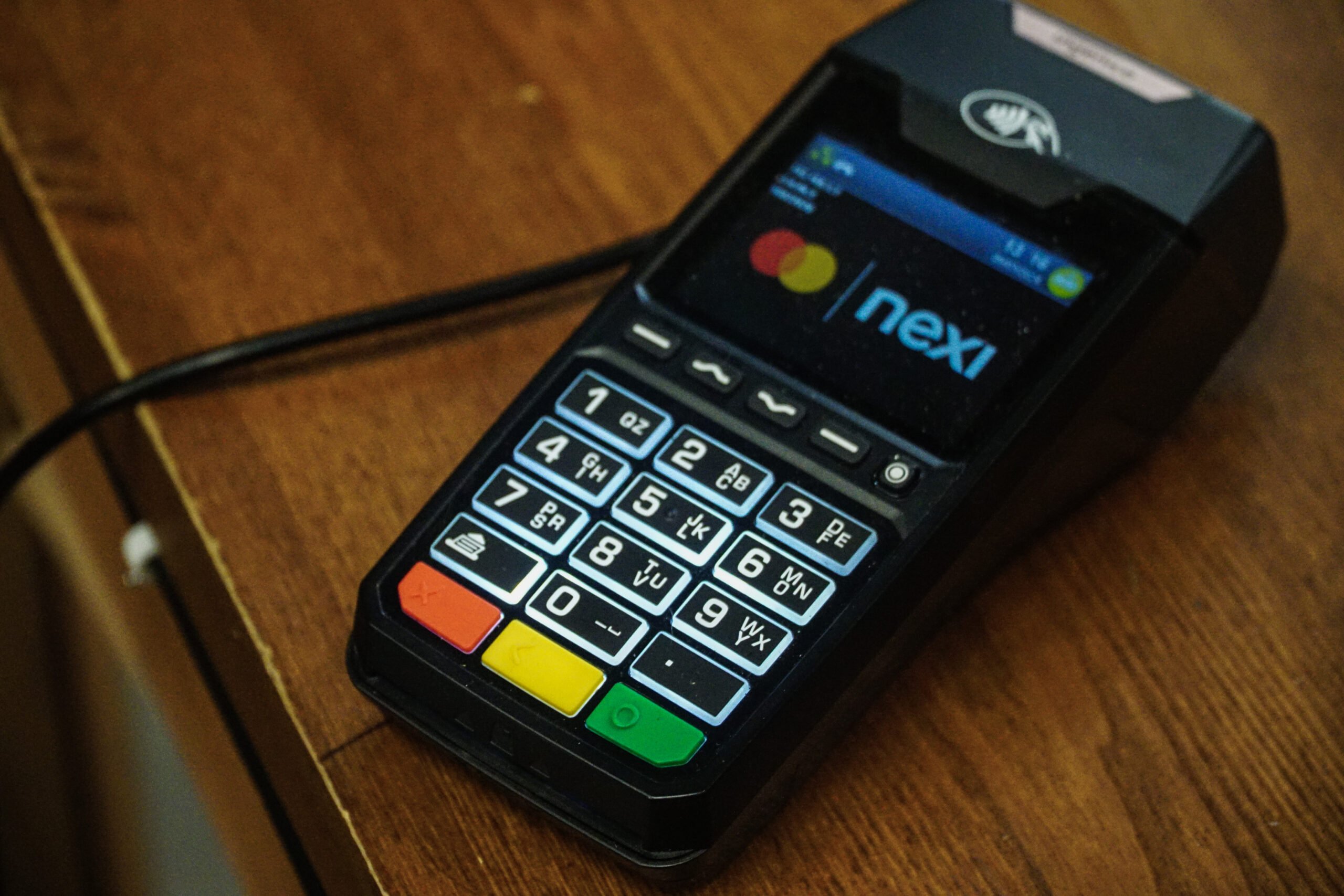Elections loom as key bailout opponent defies unity
Greece’s political deadlock looked set to continue for a second week as President Karolos Papoulias failed to secure agreement on a unity government and avert new elections with the country heading toward a possible exit from the euro area. Greece’s biggest anti-bailout party, SYRIZA, defied overtures to join the government Sunday, deepening the impasse.

Greece’s political deadlock looked set to continue for a second week as President Karolos Papoulias failed to secure agreement on a unity government and avert new elections with the country heading toward a possible exit from the euro area. Greece’s biggest anti-bailout party, SYRIZA, defied overtures to join the government Sunday, deepening the impasse.
Greece’s political deadlock looked set to continue for a second week as President Karolos Papoulias failed to secure agreement on a unity government and avert new elections with the country heading toward a possible exit from the euro area. Greece’s biggest anti-bailout party, SYRIZA, defied overtures to join the government Sunday, deepening the impasse. Leader Alexis Tsipras won’t attend a new meeting called by Papoulias Monday for 7:30 p.m., state-run NET TV reported, without saying how it got the information. “SYRIZA won’t betray the Greek people,” Tsipras said in statements televised on NET TV after the meeting with Papoulias and the leaders of the New Democracy and PASOK parties. “We are being asked to agree to the destruction of Greek society.” Papoulias spent the day trying to coax the country’s three biggest parties into a coalition after a week of talks failed to deliver on mandates to form a government. If Papoulias’s efforts fail, new elections will need to be called. Monday’s meeting will be with the leaders of two of the three biggest parties, and the head of the smaller Democratic Left party, NET said. Greece’s political impasse since the inconclusive May 6 election has raised the possibility another vote will have to be held as early as next month, with polls showing that could boost anti-bailout SYRIZA to the top spot. The standoff has reignited concern the country will renege on pledges to cut spending as required by the terms of its two bailouts negotiated since May 2010, and, ultimately, leave the euro area. PASOK, New Democracy and Democratic Left agreed last week on a government that would last until 2014 and be committed to keeping the country in the euro region and renegotiating bailout conditions from the International Monetary Fund and European Union to boost growth. SYRIZA’s Tsipras turned down the approach on May 11 as the first opinion polls since the elections showed he was gaining in support.
Democratic Left has said that SYRIZA, the second-biggest party, must be part of its proposed unity government, or give it tacit support at least, if the government is to succeed in its task. The position has been adopted by PASOK and New Democracy. “The president told me that we have no agreement on this proposal of ours as yet,” Fotis Kouvelis, the head of the Democratic Left party, said after meeting with Papoulias. “I regret that this proposal has failed.” The euro dipped in Asian trading before euro-area finance ministers convene in Brussels Monday. It was down 0.2 percent at $1.2890 as of 1:42 p.m. in Tokyo, near the lowest since January. Tsipras challenged the three pro-bailout parties to proceed, saying they would lack legitimacy.
“The three parties that have agreed on the policy framework for a two-year government to implement the memorandum have 168 lawmakers in the new parliament,” which has 300 deputies, he said. “They have the majority so let them proceed. Their demand for SYRIZA to join their planned agreement is illogical.” SYRIZA would come in first, though short of an outright majority, with 20.5 percent of the vote, if elections were held again, according to a Kapa Research poll for the newspaper To Vima, released May 12. It got 16.8 percent in the May 6 election. Support for New Democracy would fall to 18.1 percent from 18.9 percent and PASOK would drop to 12.2 percent from 13.2 percent, according to the survey. “It’s not about arithmetic or legalities,” Evangelos Venizelos, the socialist PASOK leader said after the meeting. “If someone wants to drag the country to elections again to find ourselves in the same process and possibly the same dead end, with slightly different and better terms for some, then they must assume that responsibility.” Leaders said they were given a note on the state of the economy by interim Prime Minister Lucas Papademos; some, such as Independent Greeks leader Panos Kammenos, refused to read it unless it was published.
The Kapa poll showed 78 percent of Greeks want the government to do whatever possible to keep Greece in the euro area and that 72 percent want political parties to make concessions to form a coalition, compared with 22.9 percent who want new elections. Kapa surveyed 1,007 Greeks May 9 and 10. The poll had a margin of error of 3.1 percentage points. The May 6 election resulted in New Democracy and PASOK, the two parties that supported the international rescue in an interim government this year, being two deputies short of the 151 seats needed for a majority in the 300-seat chamber. Five parties opposed to the bailout conditions are now in parliament.
Tsipras failed to reach an accord with other leaders after giving them an ultimatum to renounce support for the EU-led rescue in order to enter the government. Both Antonis Samaras, the leader of New Democracy, and Venizelos, rejected the request. Samaras, whose party finished first, gave up trying to forge a coalition after six hours of talks on May 7. A Greek departure from the euro could be “technically” managed yet would damage confidence in the monetary union, European Central Bank Governing Council member Patrick Honohan said May 12. “It is not necessarily fatal, but it is not attractive,” Honohan told a conference in the Estonian capital, Tallinn. Greece will run out of cash by early July if partners decided to withhold their next aid payment. The European Financial Stability Facility on May 9 confirmed that a 5.2 billion-euro ($6.7 billion) tranche will be released by the end of June, with 4.2 billion euros disbursed May 10.
The remaining 1 billion euros will be released depending on Greece’s financing needs. Under the terms of the bailout, a new government will need to spell out how it will save 11 billion euros next month.
Fitch Ratings said in a report on May 11 that the outcome of another election would be “unpredictable” and “make it doubtful that Greece could comply with the EU-IMF’s end-June deadline to propose further medium-term austerity measures.”
While Greece would probably be granted an extension to that deadline, any attempt to significantly renegotiate its program would be unacceptable to the so-called troika of the European Commission, IMF and European Central Bank, Fitch said. “While last week’s election was largely about budget cuts, the next one will be entirely about the euro,” wrote Erik Nielsen, the chief economist at Unicredit Bank AG, in a note.
“But I don’t know what share of the 70 percent of Greeks in favor of the euro will fully appreciate the connection between reforms and using the euro.” [Bloomberg]- Ekathimerini.com
ολες οι ειδησεις
- Χαμός μεταξύ Αντώναρου – Στέφου στην εκπομπή One Talk: «Είστε ακροδεξιός» – «Γίνατε Συριζαίος της πλάκας τώρα στα γεράματα»
- Γάζα: Άγριο λιντσάρισμα σε πατέρα ομήρου της Χαμάς (Πολύ σκληρό βίντεο)
- Δημοσκόπηση Metron Analysis: Αυτές είναι οι «κίτρινες κάρτες» για την κυβέρνηση – Σαρώνουν εγκληματικότητα και διαφθορά
- Europa Conference League: Δεν τα κατάφερε ο ΠΑΟΚ – Γνώρισε δεύτερη ήττα στην Τούμπα από την Μπριζ και είπε αντίο στη διοργάνωση (Βίντεο)
Ακολουθήστε το Newpost.gr στο Google News και μάθετε πρώτοι όλες τις ειδήσεις
Δείτε όλες τις τελευταίες Ειδήσεις από την Ελλάδα και τον Κόσμο, στο Newpost.gr








